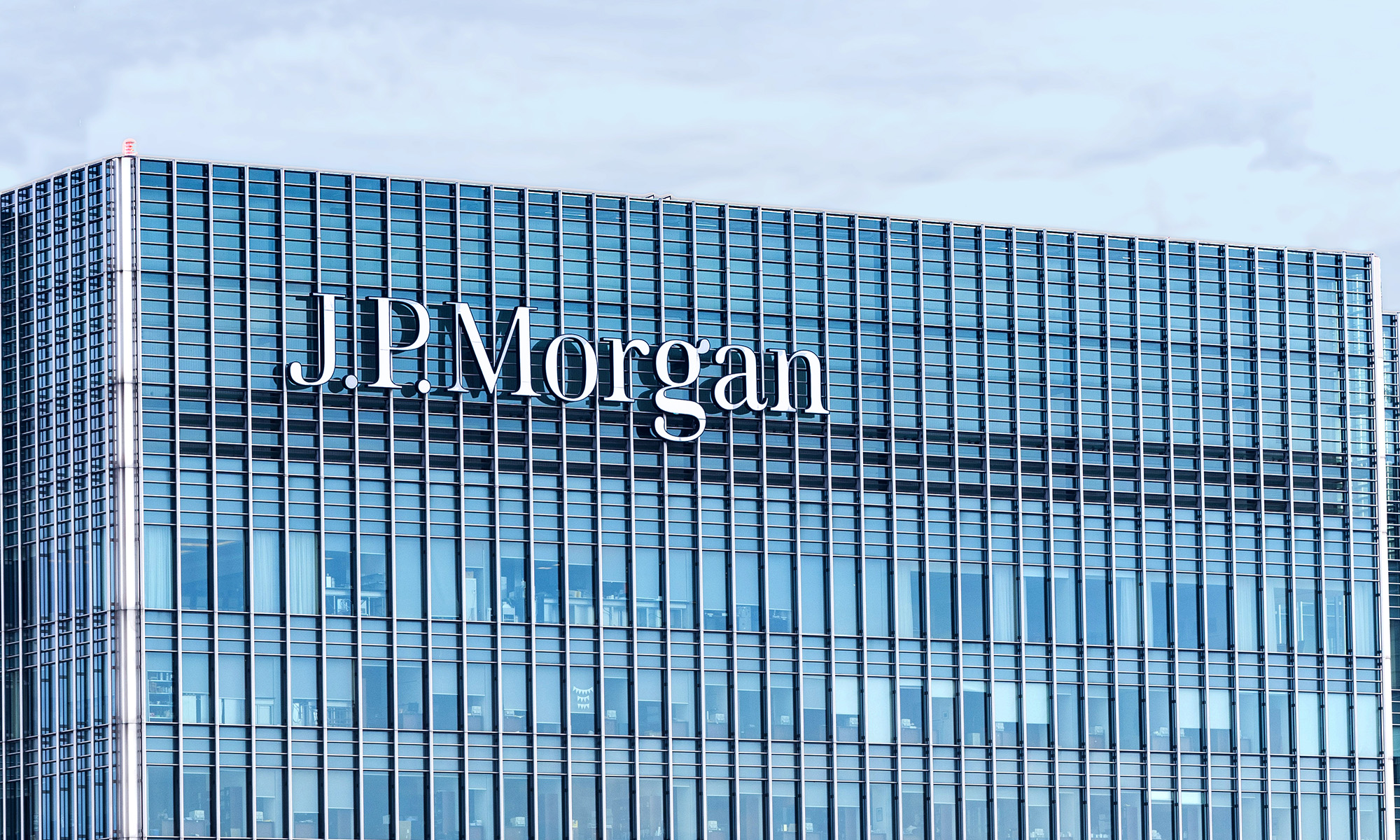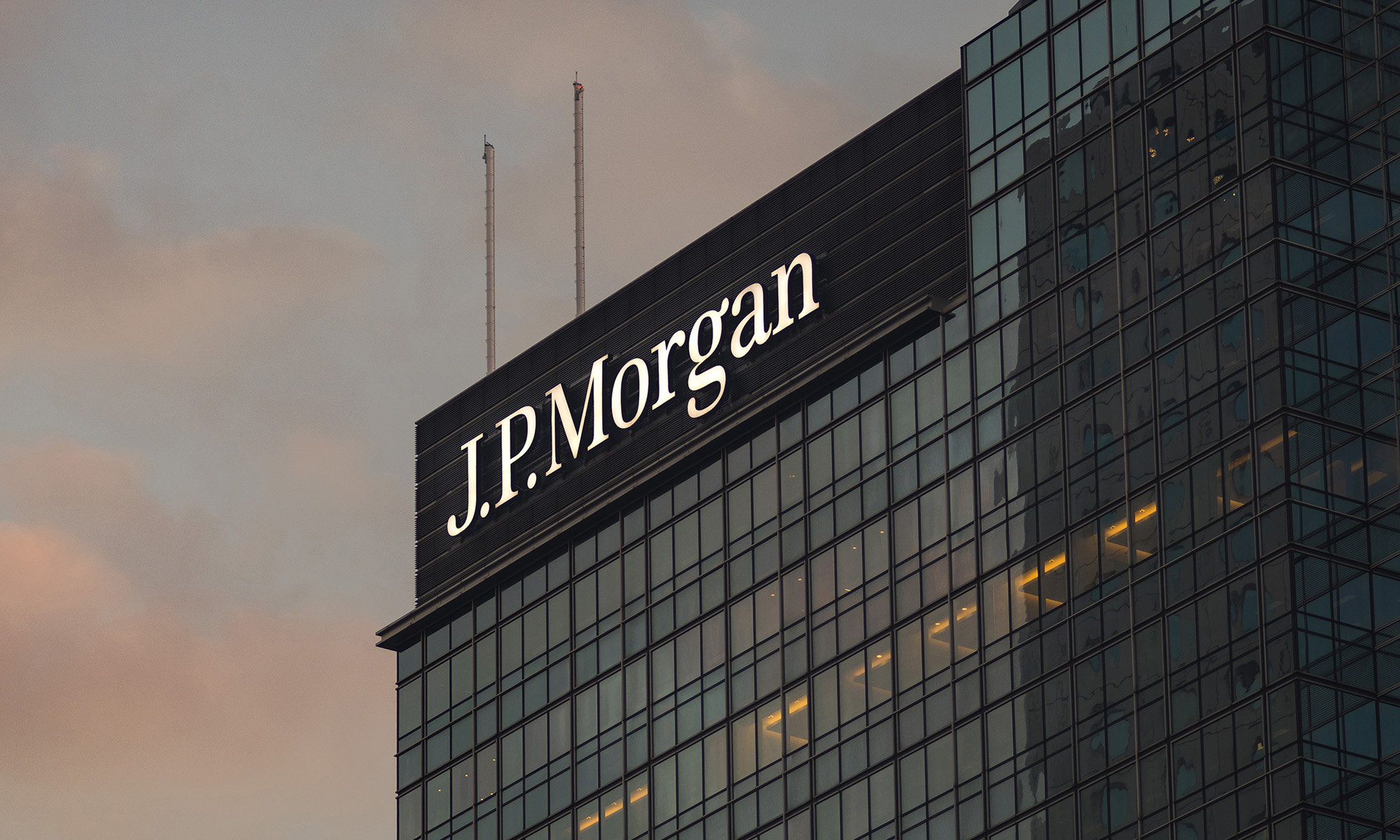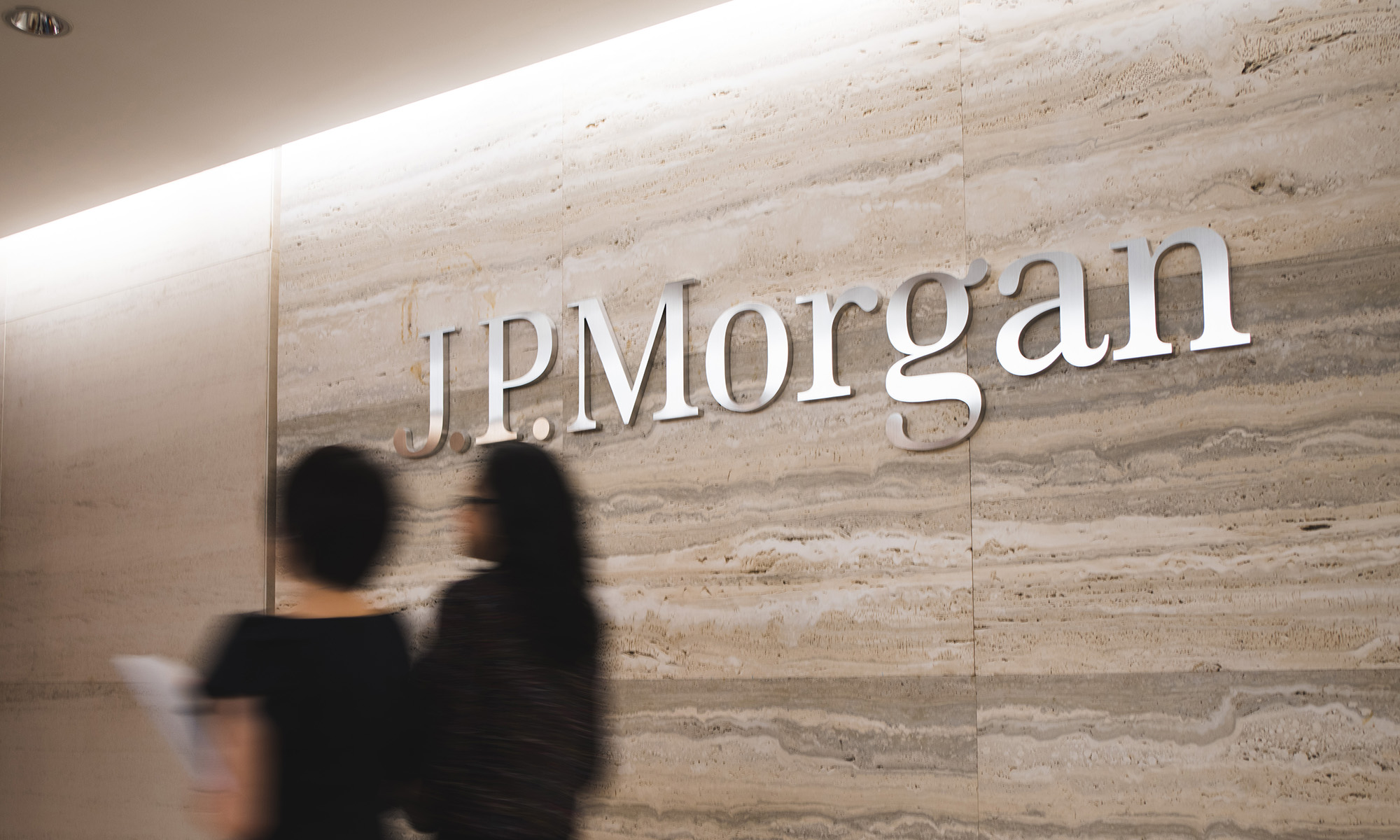In the past year, JPMorgan Chase (JPM +2.18%) CEO Jamie Dimon has faced increasing scrutiny for his role in the London Whale trading scandal that cost the company billions. According to the recently released Senate report and subsequent testimonies investigating the trades, Dimon's offenses included disregarding risk limits, misleading investors, withholding key information from regulators, and manipulating risk models.
But according to JPMorgan's board of directors, Dimon should continue to serve as both CEO and chairman because the company has performed well under his leadership, and the board can be trusted to carry out strong independent oversight of Dimon under its current governance structure.
This is pure hogwash. Here's why.
Strong company performance isn't just a game of numbers
In JPMorgan's 2013 preliminary proxy, the board of directors recommends that shareholders vote against a shareholder proposal calling for the separation of the CEO and chairman roles on the grounds that "the performance of the Firm under the current Board leadership structure has been strong."
To support this statement, the board points out that the company:
- Reported record net income for the third year in a row.
- Reported a 15% return on tangible common equity.
- Put up record earnings per share of $5.20 in 2012.
- Offered five-year compound annual growth rate of 7% in its book value per share.
- Never reported a quarterly net loss during the financial crisis.
- Outperformed the broad S&P Index, and the industry-specific KBW Bank and S&P Financial indexes over the past five years.
That's all well and good, but these accomplishments pale in comparison to issues the board fails to mention, including:
- The company's decision to deal with risk limit breaches by ignoring them and by altering risk models to obscure risky investments.
- Dimon's dismissal of concerns about the London Whale trades, calling the threat a "tempest in a teapot," despite the fact that he allegedly knew about the size and complexity of the trades and the losses already incurred because of them.
Why is this significant? Because, as Warren Buffett teaches us, we should invest in companies run by managers we can trust to behave rationally, and to communicate with us candidly. In other words, when evaluating management performance, we shouldn't just pay attention to the numbers -- we should take a broader view of performance that includes an evaluation of whether managers are rational and candid. And it appears that JPMorgan's management doesn't pass either of those tests.
While the performance numbers do look good, can we trust they are as good as JPMorgan says, given its propensity to use improper risk models? Especially in such a leveraged business as banking, risk can blow up a business. A rational management team should try to mitigate risk, not hide the numbers by using misleading models. The fact that Dimon consistently stonewalled almost everyone investigating the fiasco shows that he's unwilling to be forthcoming. This is a huge problem for an industry where trust is so paramount. Let's not forget that Lehman Brothers liked to drastically deleverage its balance sheet right before an earnings report, only to go back to its old tricks once outside shareholders were mollified by good quarterly numbers.
Hindsight isn't the same as strong, independent oversight
JPMorgan also defends its current governance structure by claiming that "the Board's actions following the losses in the CIO demonstrate strong, independent oversight."
That's one way of looking at it.
Here's another: The board's actions before the London Whale losses show such an extreme lack of oversight that U.S. regulators recently required JPMorgan's board to submit a plan for improving oversight. Also, even if the board had strengthened its risk management processes without regulators breathing down their necks, investors should demand processes that promote the kind of board oversight that prevents problems before they arise.
Against the recent shareholder proposal, the board also defends its current governance structure by saying, "The Board already provides the independent leadership and oversight of management sought by the proponent." It attempts to support this claim by pointing out that all but one of the board members are independent, the board has an independent lead director, and the audit, governance, and compensation committees are entirely made up of independent directors.
However, the shareholder proposal points out (rightly) that these three features aren't enough. After all, Chesapeake Energy (CHK +0.00%) had all three, too. That didn't stop former Chairman and CEO Aubrey McClendon from exploiting his position to extract sweetheart deals at the expense of shareholders. In 2012, things reached a boiling point, causing a shareholder revolt that stripped McClendon of his chairmanship and ultimately led to his departure as CEO on April 1.
A structure allowing the same person to serve as both CEO and chairman still contains unacceptable conflicts of interest and compromises the ability of the board to provide effective oversight.
The Foolish takeaway
JPMorgan concludes its argument against shareholder demands for splitting the CEO and chairman roles by claiming that shareholders should trust the board to "make that judgment based on circumstances and experience." In other words, they want shareholders to simply trust them to make the right decision.
However, the board's prior failures to offer effective oversight, and its continued support of Dimon despite his involvement in the scandal, give shareholders plenty of reasons to withhold their trust.






